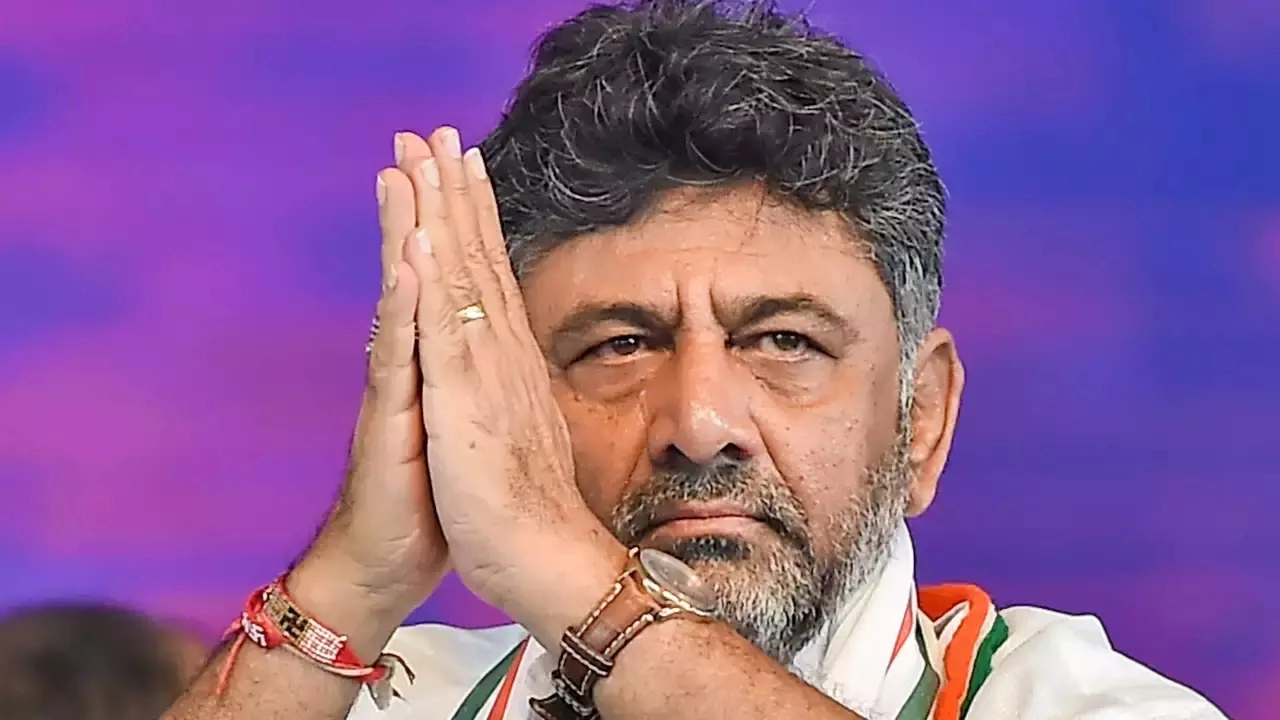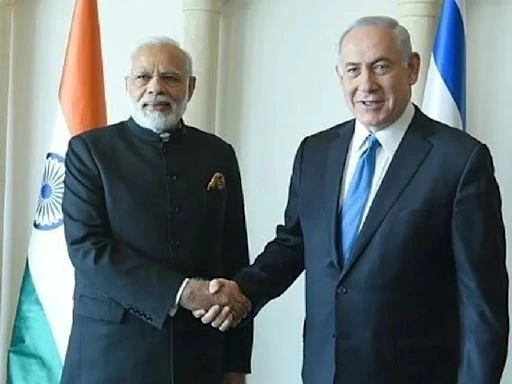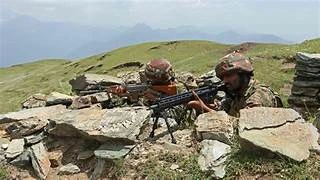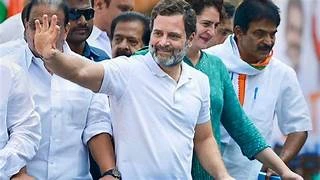7- Nov 2024,5:58 PM Shivakumar Labels Visit as “Political Drama”
Karnataka’s Deputy Chief Minister, D.K. Shivakumar, recently described the visit of the Joint Parliamentary Committee (JPC) Chairman to the state as a calculated move of “political drama.
” His reaction comes amid ongoing debates and scrutiny surrounding the committee’s work and objectives. Shivakumar, known for his candid and often forceful statements, has sparked conversations on what he perceives as a politically motivated visit, meant to influence the regional political landscape.
In a recent press briefing, Shivakumar openly questioned the timing and intent of the JPC Chairman’s visit, noting that it seems to align too closely with upcoming electoral events.
According to Shivakumar, the presence of the JPC Chairman and the subjects of the visit appear less concerned with pressing issues facing the state and more with creating a specific political image that could influence voters.
Shivakumar’s concerns reflect a broader sense of unease among local officials who see the JPC visit as potentially intrusive and biased.
He cited past instances where national-level investigations and committees have coincided with critical moments in Karnataka’s political calendar, which he believes are not coincidental.
According to Shivakumar, such moves could have “serious implications for democratic processes.”
The Broader Implications
Beyond his skepticism of the JPC Chairman’s intentions, Shivakumar also raised questions regarding the use of governmental resources and the focus on political energy.
He emphasized that while Karnataka faces real issues, such as infrastructure needs, water management, and job creation, he is concerned that the central government’s actions divert attention from these important local matters.
Shivakumar stated, “We should be focusing on building Karnataka’s future, not on creating spectacles that only serve political agendas.”
He also reiterated his commitment to addressing local issues and urged his colleagues in Karnataka’s administration to prioritize policies that directly impact the lives of residents.
He emphasized that these politically motivated events not only distract from the real work at hand but also undermine trust in the government’s commitment to development.
A Call for Transparency and Accountability
Shivakumar concluded his remarks with a call for transparency from the JPC, emphasizing that the public deserves to know the specifics and purposes behind such visits. He called on the central government and the committee to address his concerns openly to avoid any appearance of partiality.
As Shivakumar’s remarks circulate, the public response is still evolving, with both supporters and critics weighing in on what this could mean for Karnataka’s political future.





